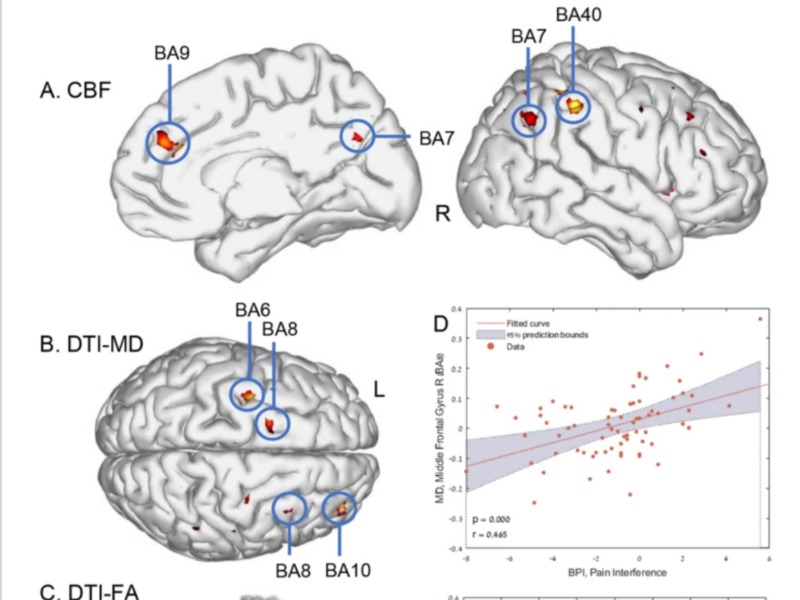New Life Medical


Parkinson’s is a degenerative disease that affects the nervous system and causes sufferers to lose control of their movements. It can also affect cognition and behavior. The exact cause of Parkinson’s is unknown, but the mechanism has been identified as hypodopaminergic. This simply means that there is a lack of dopamine in the brain. Without sufficient dopamine, which is a crucial neurotransmitter that affects movement, the body loses control of its muscles. The disease is largely thought to be genetic, although people with heart disease, brain tumors and certain viruses are also at risk, as are those who have taken the drugs haloperidol and metoclopramide.
HBOT
intrathecal therapy

HBOT can improve dysexecutive functions, psychiatric symptoms (depression, anxiety and somatisation), pain interference symptoms and fatigue of patients suffering from post-COVID condition.

Restoration of glutathione levels in COVID-19 patients would be a promising approach for the management of the novel coronavirus SARS-CoV-2.

The administration of intravenous injection significantly improved the inflammation and immune situation in severe COVID-19 patients.

A new approach to spinal cord stimulation may drastically reduce chronic back pain, a small pilot study suggests.